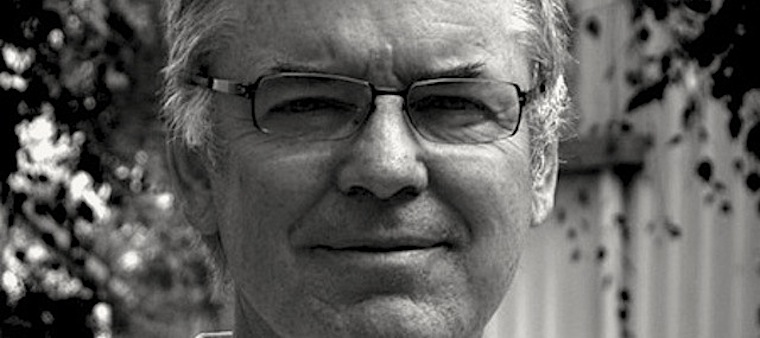John Hattie told us the story underlying the data of his huge meta study Visible Learning. There is an enhanced role for teachers, because students seek feedback. And feedback works best when you think first of feedback that is received not given. Together with my colleague and co-author Regine Berger we interviewed John Hattie about “Visible Learning”. We were especially interested to know how to implement his findings schools. And also how to best train the teachers. You can also read the Interview in German on www.visiblelearning.de.

Is Visible Learning equally good for all ages?
Which age specific differences should schools consider when implementing visible learning?
I was interested in 4-20 year olds and for every influence was very keen to evaluate any moderators – but found very few indeed. The story underlying the data seems applicable to this age range.
Read more